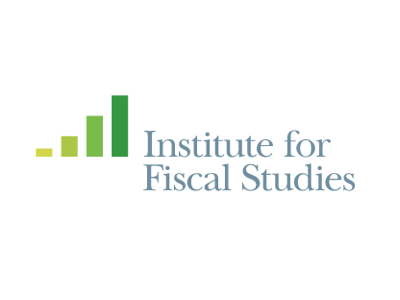Eight out of ten graduates will never pay back their student loans, according to new research.
A report, released by The Institute for Fiscal Studies (IFS), also found that most graduates will still be paying off their loan into their 50s. The study suggests that this means the incentives for universities to provide high-quality courses in return for the money they receive are surprisingly limited.
These new statistics come after the introduction of major reforms to English higher education in 2012. Tuition fees were radically changed and universities could charge up to £9,000 a year, while maintenance grants were replaced with loans.
The lowest earning third of graduates were better off by £1,500, but the changes to grants sent debt rates rising.
The IFS has now shown that these same students from low-income families could graduate with the highest levels of debt at more than £57,000. Other students, not eligible for the additional maintenance loans, will graduate with debt of £42,500.
The report also shows that interest rates on student debt are very high, further increasing students’ debt levels. The average student accrues £5,800 of interest while studying, meaning that they borrow £45,000 but find out on the day of graduation they have a debt of £50,800. However, it only affects the repayments of higher earners, who could end up paying £40,000 in interest payments.
Jack Britton, an author of the report, said, “Recent policy changes have increased university funding and reduced long-term government spending on HE while substantially increasing payments by graduates, especially high-earning graduates.”
“There is probably not much further to go down this route, but proposals for reducing student fees tend to hit the public finances while benefiting high earners the most.”
Laura van der Erve, also an author of the report, added, “Universities are undoubtedly better off under the current system than they were before the 2012 reforms.”
“However, their incentives have shifted towards providing low-cost subjects.”
“This does not sit comfortable with the government’s intention to promote typically high-cost STEM subjects.”









